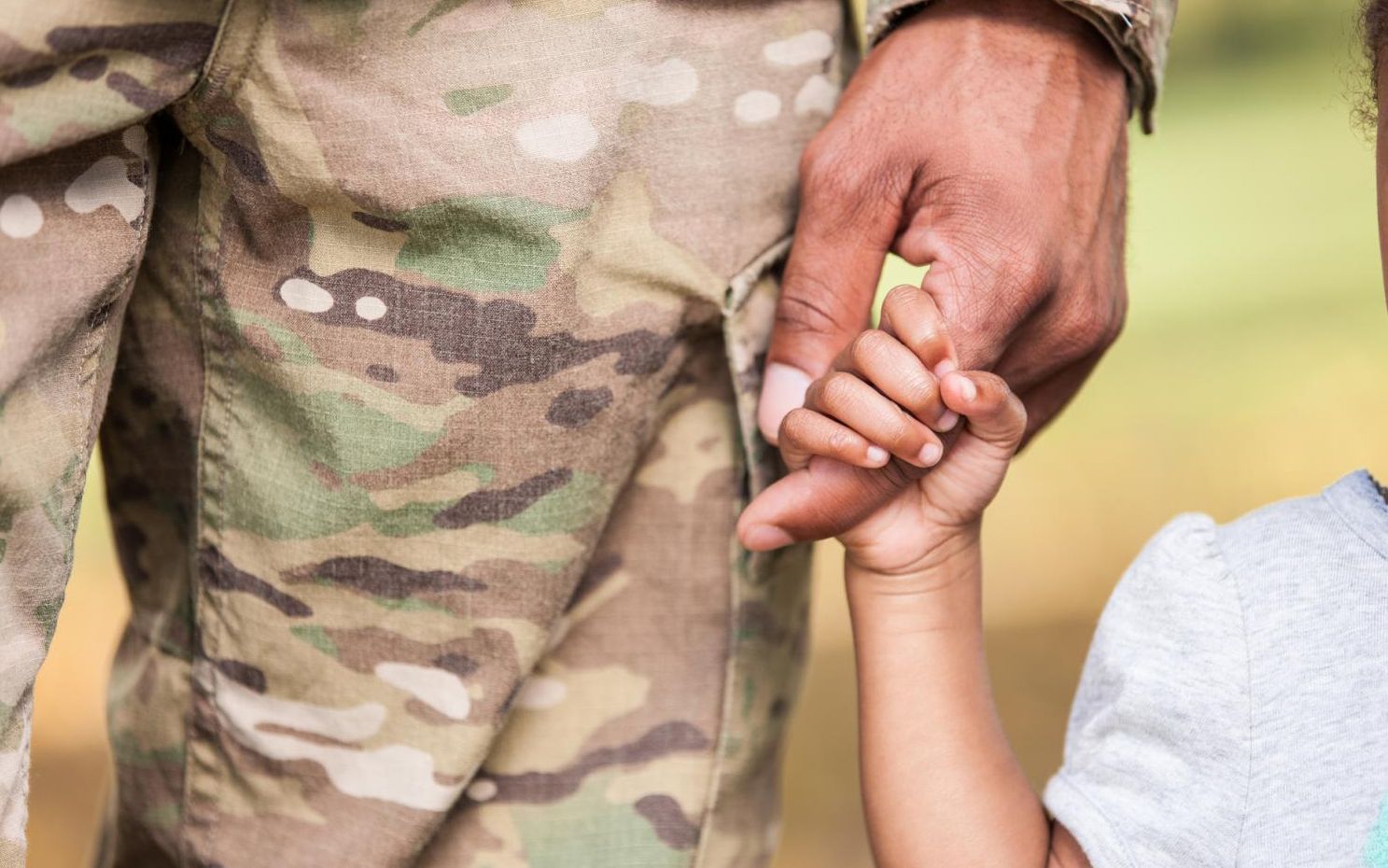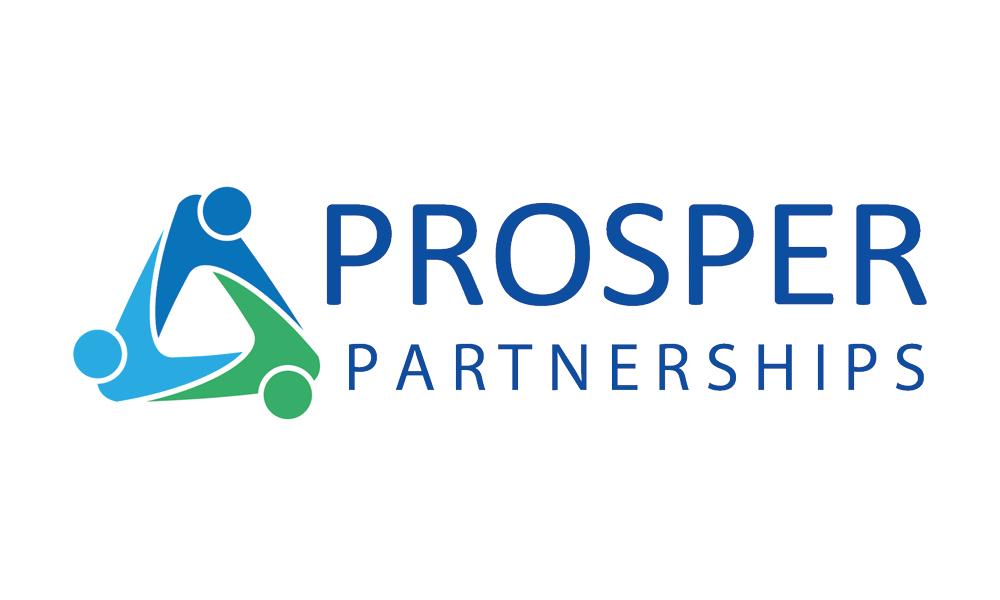Prevention coalitions benefit from regular technical assistance, new study shows

Stages-of-Coalition-Development
The three stages of coalition development are organization
February 22, 2021
There is powerful evidence that regularly scheduled contact between technical assistance providers and community prevention coalitions is important to the coalitions’ success, according to a new study led by Sarah Chilenski, Senior Research Associate and Associate Research Professor at the Edna Bennett Pierce Prevention Research Center (PRC).
Chilenski’s colleagues on the project were Janet Welsh, Research Professor at the PRC; Daniel Perkins, principal scientist at the Clearinghouse for Military Family Readiness at Penn State and professor of Family and Youth Resiliency and Policy within the College of Agricultural Sciences; and Lesa Hoffman, professor in the Educational Measurement and Statistics Program at the University of Iowa.
“We set out on this project wanting to gain a deeper understanding of the key processes or mechanisms that support community coalitions,” said Chilenski.
The researchers studied the amount and frequency of technical assistance provided over the course of 4.5 years to 12 PROSPER community coalitions in Pennsylvania and Iowa. PROSPER is a program delivery system shown to reduce drug use and other risky behaviors by middle school students.
In the PROSPER system, each coalition is assigned a prevention coordinator for technical assistance, who guides the coalitions in developing skills and knowledge regarding prevention science and the selection, delivery, and monitoring of evidence-based programs. The prevention coordinators provide support through a combination of phone calls, in-person meetings, emails, and an annual meeting of prevention coordinators, state-level and university-level faculty or staff, coalition members, and coalition leaders. They develop activities, materials, informational resources, and provide consulting and troubleshooting on a wide array of topics including coalition building, evidence-based programming, program recruitment, and more.
Table 1: Frequency of technical assistance for PROSPER coalitions studied
| Frequency of Contact (approx.) | % of Coalitions |
|---|---|
| Once per week | 35% |
| 2 times per month | 45% |
| 1 time per month, or less | 20% |
“Trust built through regular contact plays an important role in building a successful partnership between prevention coordinators and coalitions, and this takes time. When coalition members are learning their jobs, it’s easier for them to reach out to someone with a problem when there’s trust,” said Chilenski.
Regular contact remained important throughout the 4.5 years despite the different types of activities involved with each phase of coalition development.
Table 2: Average time spent in each phase of coalition development
| Coalition Phase | Description | Time Spent |
|---|---|---|
| Organization | Forming the coalition and tasks that organize the coalition into a working, cohesive body | 9 months |
| Operations | Tasks associated with evidence-based implementation and fidelity monitoring, such as hiring, training, and supervising facilitators, recruiting participants, scheduling observations, and more
Coalition meetings and activities become regular |
1.5 years |
| Sustainment | Successful continuation of the initiative at high levels of quality | 2.25+ years |
The amount of technical assistance provided remained fairly constant through all of the phases. Chilenski noted that a goal of prevention coordinators is to help build the coalition’s capacity to overcome the challenges that come their way.
Further details about the study are contained in this paper, “Going the distance: Technical assistance to community prevention coalitions and its impact on prevention coalitions over time,” published in Consulting Psychology Journal: Practice and Research.
The study was funded by the National Institute on Drug Abuse, National Institute on Alcohol Abuse and Alcoholism, and the Centers for Disease Control and Prevention.
Chilenski recently embarked upon a new study of technical assistance to community coalitions funded by the National Institute on Drug Abuse. Coalition Check-Up has recruited 62 coalitions in Pennsylvania and Missouri so far, and the project team has begun meeting with coalitions to facilitate using data them in the use of data for decision-making. She also plans to develop additional measures of collaborative relationships and study the connections between technical assistance and program outcomes.
“In the end, the work of community coalitions is so very important and also so very challenging. This is really about being able to enhance and support both the work of technical assistance providers and community coalitions,” said Chilenski.
Prevention coalitions benefit from regular technical assistance, new study shows

Stages-of-Coalition-Development
The three stages of coalition development are organization
February 22, 2021
There is powerful evidence that regularly scheduled contact between technical assistance providers and community prevention coalitions is important to the coalitions’ success, according to a new study led by Sarah Chilenski, Senior Research Associate and Associate Research Professor at the Edna Bennett Pierce Prevention Research Center (PRC).
Chilenski’s colleagues on the project were Janet Welsh, Research Professor at the PRC; Daniel Perkins, principal scientist at the Clearinghouse for Military Family Readiness at Penn State and professor of Family and Youth Resiliency and Policy within the College of Agricultural Sciences; and Lesa Hoffman, professor in the Educational Measurement and Statistics Program at the University of Iowa.
“We set out on this project wanting to gain a deeper understanding of the key processes or mechanisms that support community coalitions,” said Chilenski.
The researchers studied the amount and frequency of technical assistance provided over the course of 4.5 years to 12 PROSPER community coalitions in Pennsylvania and Iowa. PROSPER is a program delivery system shown to reduce drug use and other risky behaviors by middle school students.
In the PROSPER system, each coalition is assigned a prevention coordinator for technical assistance, who guides the coalitions in developing skills and knowledge regarding prevention science and the selection, delivery, and monitoring of evidence-based programs. The prevention coordinators provide support through a combination of phone calls, in-person meetings, emails, and an annual meeting of prevention coordinators, state-level and university-level faculty or staff, coalition members, and coalition leaders. They develop activities, materials, informational resources, and provide consulting and troubleshooting on a wide array of topics including coalition building, evidence-based programming, program recruitment, and more.
Table 1: Frequency of technical assistance for PROSPER coalitions studied
| Frequency of Contact (approx.) | % of Coalitions |
|---|---|
| Once per week | 35% |
| 2 times per month | 45% |
| 1 time per month, or less | 20% |
“Trust built through regular contact plays an important role in building a successful partnership between prevention coordinators and coalitions, and this takes time. When coalition members are learning their jobs, it’s easier for them to reach out to someone with a problem when there’s trust,” said Chilenski.
Regular contact remained important throughout the 4.5 years despite the different types of activities involved with each phase of coalition development.
Table 2: Average time spent in each phase of coalition development
| Coalition Phase | Description | Time Spent |
|---|---|---|
| Organization | Forming the coalition and tasks that organize the coalition into a working, cohesive body | 9 months |
| Operations | Tasks associated with evidence-based implementation and fidelity monitoring, such as hiring, training, and supervising facilitators, recruiting participants, scheduling observations, and more
Coalition meetings and activities become regular |
1.5 years |
| Sustainment | Successful continuation of the initiative at high levels of quality | 2.25+ years |
The amount of technical assistance provided remained fairly constant through all of the phases. Chilenski noted that a goal of prevention coordinators is to help build the coalition’s capacity to overcome the challenges that come their way.
Further details about the study are contained in this paper, “Going the distance: Technical assistance to community prevention coalitions and its impact on prevention coalitions over time,” published in Consulting Psychology Journal: Practice and Research.
The study was funded by the National Institute on Drug Abuse, National Institute on Alcohol Abuse and Alcoholism, and the Centers for Disease Control and Prevention.
Chilenski recently embarked upon a new study of technical assistance to community coalitions funded by the National Institute on Drug Abuse. Coalition Check-Up has recruited 62 coalitions in Pennsylvania and Missouri so far, and the project team has begun meeting with coalitions to facilitate using data them in the use of data for decision-making. She also plans to develop additional measures of collaborative relationships and study the connections between technical assistance and program outcomes.
“In the end, the work of community coalitions is so very important and also so very challenging. This is really about being able to enhance and support both the work of technical assistance providers and community coalitions,” said Chilenski.
Related People
Related People














